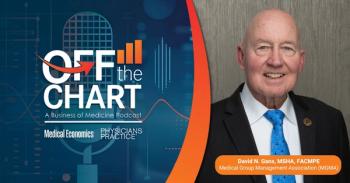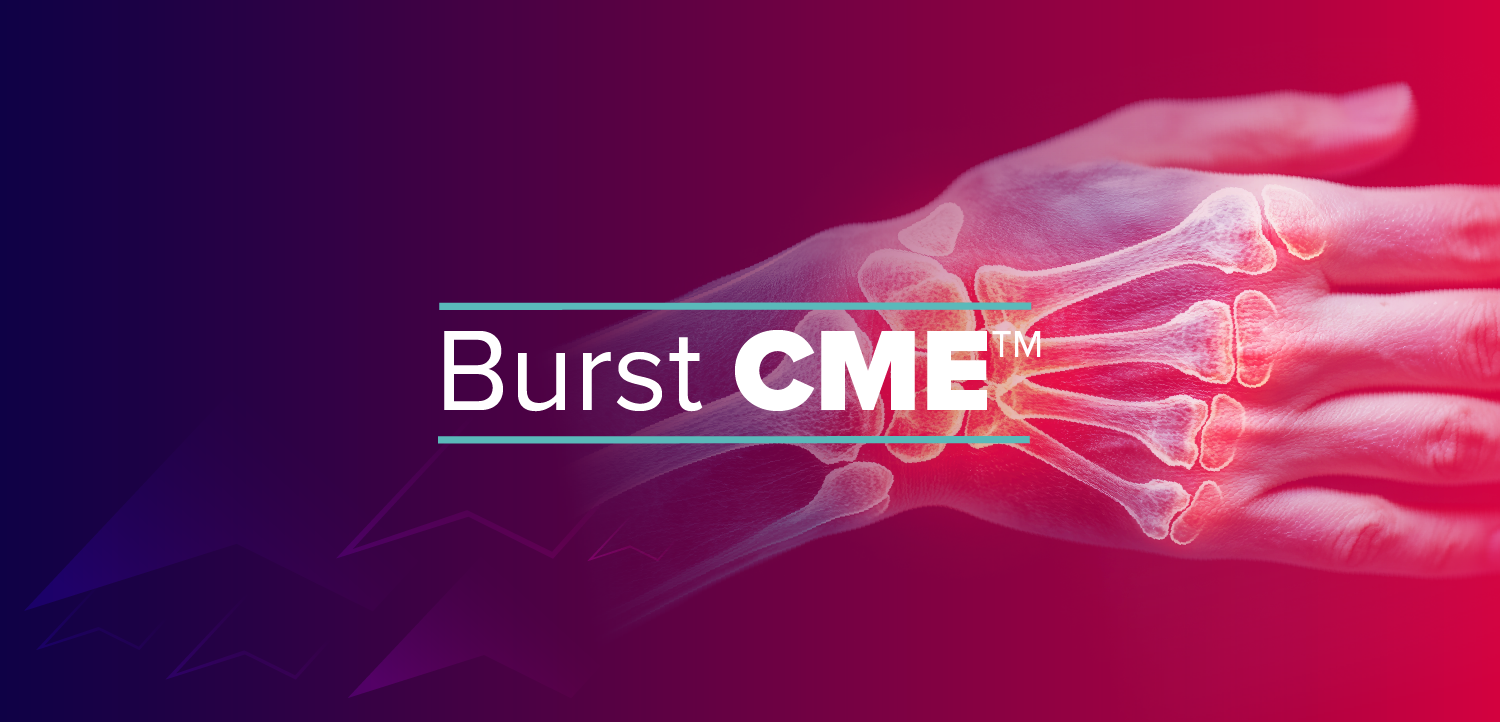
Three Strategies to Help Your Practice Embrace ICD-10
ICD-10 is coming whether we like it or not. Here's how to get your medical practice to accept the coming coding set transition.
Let's face it: ICD-10 has some serious public relations problems. Whether it's because of the time and expense of training, the potential for lost revenue during the early days of the transition, or plain old resistance to change, many providers are less than thrilled about the move to the new coding system. You can convince your team to get on board-even enthusiastically-with ICD-10, you just have to take the right approach.
Nothing to Fear
"Getting buy-in is critical to the success [of the new coding system]," said Barbie Hays, coding and compliance strategist for the American Academy of Family Physicians. "But that isn't all that hard to do. Those who think the new system is hard are just frightened," she said. "You have to understand things like, 'Is [the issue] on the right or the left? Is this an initial visit for this condition or is it related to a previous visit? There's absolutely nothing here that doctors aren't already aware of; it's just about making sure you communicate the patient's story more fully."
Once doctors understand that, she said, they have fewer qualms. She acknowledged that there is some legitimate concern about cash-flow problems in the last quarter of the year, when the new codes first take effect, but pointed out that this is easily dealt with by setting aside a little money to tide you over.
Make It a Team Effort
Plain old resistance to change can still be a problem. Getting truly enthusiastic buy-in requires more than overcoming fear. You need to make sure the entire team is invested in the plan.
"Try to get everyone in the practice involved in planning for the transition," advised Asia Blunt, an AAPC-certified coder and trainer. "Ask for input at staff meetings. Ask for suggestions about how to make training more fun and effective. If everyone has a say in the process, they will feel more a part of things and less likely to resent the change."
Make the Case
Perhaps the strongest selling point is that ICD-10 is a long overdue improvement in medical documentation.
"ICD-9 is almost 40 years old. Lots of things have changed in medicine in the last 40 years," said Christine Lee, manager of provider practice services with Care Communications, a health information management consulting firm. "ICD-9 is not set up for many of the new technologies and procedures." And it's not just technology, but disease as well. Lee points out that there is no code in ICD-9 for Ebola, for example.
And if all else fails, "Hit 'em in the heart," said Jackie Stack, director of ICD-10 education and training for AAPC.
"You have to find something that makes them want to make the change. Healthcare providers get into this field because they want to take care of patients. ICD-10 will enable them to provide better patient care," she said. "The new codes allow doctors to be more specific and paint a clearer picture of what's going on with their patients and allow for tracking a broader range of issues; things such as noncompliance due to financial hardship. If a large number of patients are not taking their meds because they can't afford them, ICD-10 will document this trend, making programs to help with this more likely."
The bottom line is, whether it is population-wide tracking of social and epidemiological trends or more specific documentation of the care of individual patients, ICD-10 is just better healthcare. And that should be enough of a selling point for providers.
Newsletter
Optimize your practice with the Physicians Practice newsletter, offering management pearls, leadership tips, and business strategies tailored for practice administrators and physicians of any specialty.











